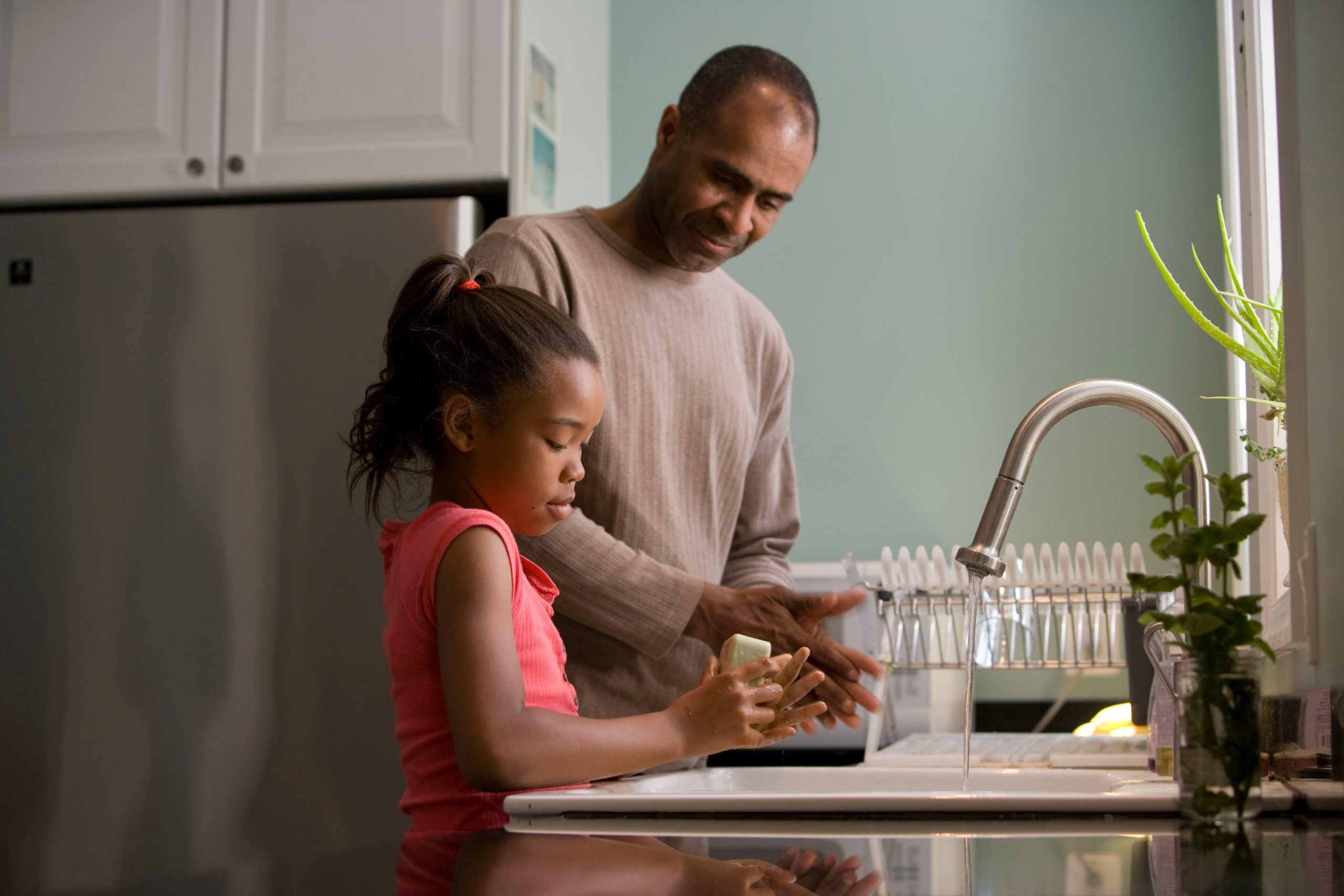
Perhaps your child is acting strange and you aren’t sure what to do. Maybe he or she is having outbursts that aren’t typical. Maybe they aren’t interested in friends and family or sports like they always were before. Whether their grades have slipped or they are spending more time than usual in their room, your child could either be going through a phase or struggling through something much more serious. If you care concerned about your child’s odd behavior, here are some things you can do.
Listen without judgment.

The first and most important thing you can do is listen. Before you run off to the internet to search ‘child psychologist NYC,’ your child needs to know you have noticed the changes and support them. Ask what is going on, ways you can support them, and reassure them that you love them. Leave the conversation open-ended and let them know you will always be there to listen. You may not like the behavior, but you love them as a person and this is an important message kids need to hear. That being said, calling on the help of a psychologist or counselor to help you understand what’s going on with your kid can also be helpful.
Make time for this conversation. Whether it’s taking your child out for a favorite treat or just taking a walk together, be sure to do it where you’re distraction-free and away from other siblings and even pets in the home. Your child needs to know your focus is on them and that you have time for their problems.
While having this conversation, be sure to alleviate their fears. Make it clear that all kids struggle and that having problems and talking about them doesn’t mean they will soon find themselves in teen residential treatment, although that may well be the right course of action for you and your family. It’s important to know that there are some incredible programs out there that provide a supportive residential framework for struggling teens. Make it clear that you only want to help and that you are with them for the duration of whatever is going on.
Talk to teachers and coaches.

It’s always great to have a big support network to tackle any problem. Because teachers and coaches likely spend more time in a week around your child than you do, it’s important to let them know your concerns and to ask about any changes they’ve noticed. Collect a list of any odd behaviors they have noticed too. This list will come in handy when speaking with doctors and therapists should you choose to pursue that route. While you are there, ask your teachers to keep an eye out for changes in peer groups, behaviors and grades at school. All of this information will be helpful going forward.
Call a therapist.

There are many therapists out there who specialize in the treatment of kids. Whether it’s helping them navigate normal life changes or a child suffers from a mental illness, these therapist will be able to quickly spot the problem and help out. One place to start when looking for a provider is your pediatrician or family doctor.
After you have your child set up with the right therapist for them, consider getting yourself help, too. Finding a good support network can make you more available for your kid and help you untangle the complicated emotions in watching your child work through whatever is going on. Like your child, you are not alone.
Talk to the doctor.

A family doctor or your child’s pediatrician will be an invaluable tool for helping to tackle odd behaviors in your child. This is because some odd behaviors can indicate a physical problem. It will be important to have your child examined and to touch base with their doctor about strange behaviors so that the doctor is in the loop. While the behaviors might be normal for your child’s age, they could also indicate mental or physical illness and their doctor will be able to help with that. They, of course, can prescribe medications too and will need to be made aware of any changes in your child’s med list if working with a psychiatrist.
While it can seem intimidating, odd behaviors in your child may just be an indication that something needs to be addressed. Most childhood illnesses and even stages are entirely manageable. With the right team around you, you and your child will be feeling better soon.



